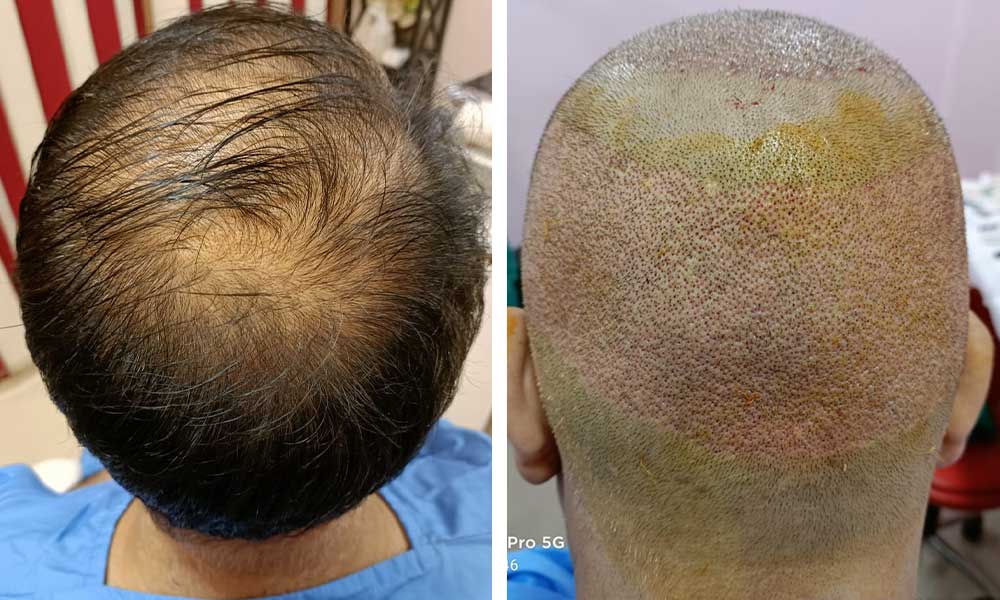
Turkey Hair Transplant Post-Op Care – What To Expect?
Getting a hair transplant in Turkey is an excellent option for restoring your hair. Turkish clinics are known for their advanced techniques, skilled surgeons, and affordable prices. While the transplant itself may go smoothly, proper aftercare is crucial for optimal results.
First 24 Hours
Immediately after your transplant surgery, your scalp will be bandaged. The doctor will provide instructions on caring for these dressings. Leave the bandages on for at least 24 hours and avoid getting them wet. Keep your head elevated on 2-3 pillows when sleeping to minimize swelling. Ice packs also help reduce inflammation. Take any prescribed antibiotics or medications exactly as directed. Your surgeon will likely ask you to return the next day to have the bandages removed and the donor and recipient areas inspected.
Days 2-5
- Avoid strenuous activity for at least 3 days. Don’t bend over or do anything that raises your blood pressure.
- Sleep on your back with your head elevated and avoid sleeping on the transplant area.
- Take over-the-counter pain meds as needed for discomfort. Pain should be minimal but present.
- Apply antibiotic creams or solutions to the recipient area as directed.
- Avoid getting the transplanted follicles wet for 5 days. Cover your head when showering.
- Wear a hat outside to protect the transplanted follicles from sun damage.
- Drink plenty of water and include vitamin-rich foods in your diet.
- Attend any follow-up appointments as scheduled by your doctor.
- Avoid smoking or drinking alcohol which impedes healing.
Crusting And Shedding
Around 5-10 days after your hair transplant surgery, you may notice crusting and shedding of scabs around the transplant area. This is a normal part of the healing process as the follicles settle into their new tissue. Do not pick or scratch the crusts as this displaces grafts. Continue using antibiotic creams and gentle hair washes as directed. Most crusts will shed within two weeks.
2-6 Weeks After Surgery
- After 10 days, you sleep normally but continue avoiding pressure on the transplanted area.
- Swelling and sensitivity around the transplant site should subside.
- Any stitches should dissolve or fall out on their own within 2 weeks.
- You resume light exercise around 2 weeks after surgery. Avoid intense sweaty workouts for a month.
- Mild bruising, numbness, or itching can happen as the nerves heal. It should fade within 6 weeks.
- You may notice shock loss around 2-4 weeks after the transplant. This is when some of the thicker healthier follicles shed as the new hairs start to grow. It’s temporary.
- Use volumizing shampoos and sprays as advised by your doctor to conceal any temporary thinning from shock loss.
New Hair Growth
Around 3-4 months after surgery, your transplanted follicles will begin to grow new permanent hair. This process is gradual. Your hair density will continue improving for 6-9 months as the hair thickens. Proper nutrition, vitamins, and using products designed to stimulate growth can aid the process. Avoid direct sun exposure and coat your hair with sunscreen if outdoors. Make sure your surgeon monitors your progress after each surgery.
